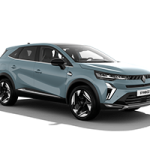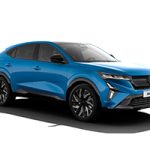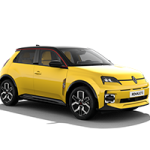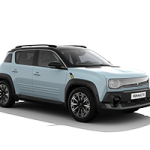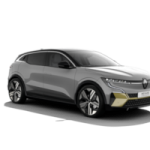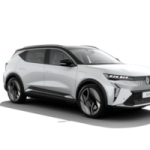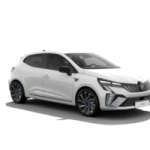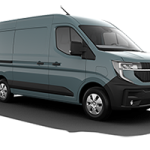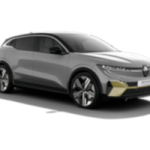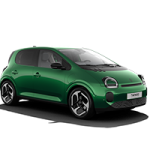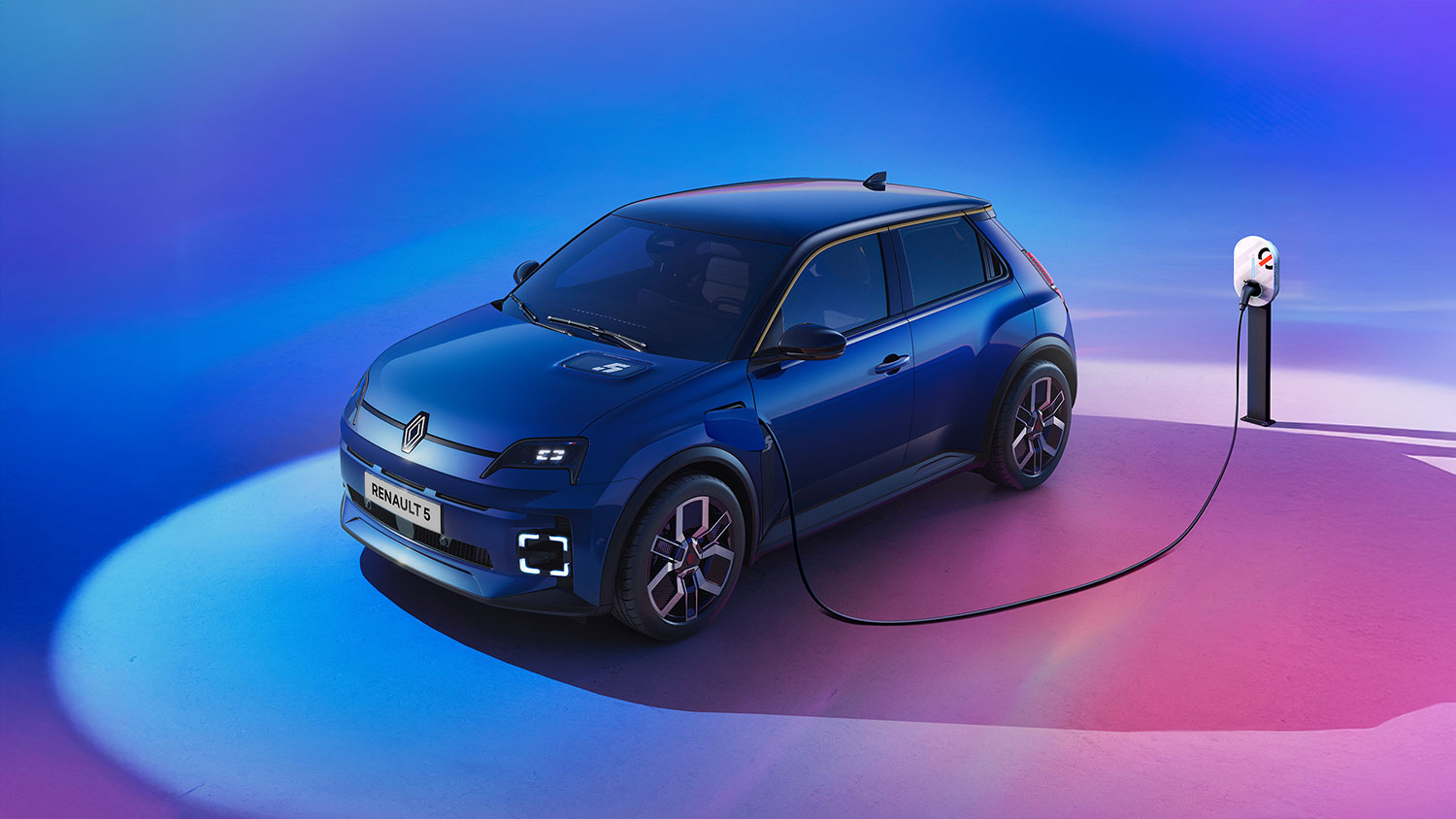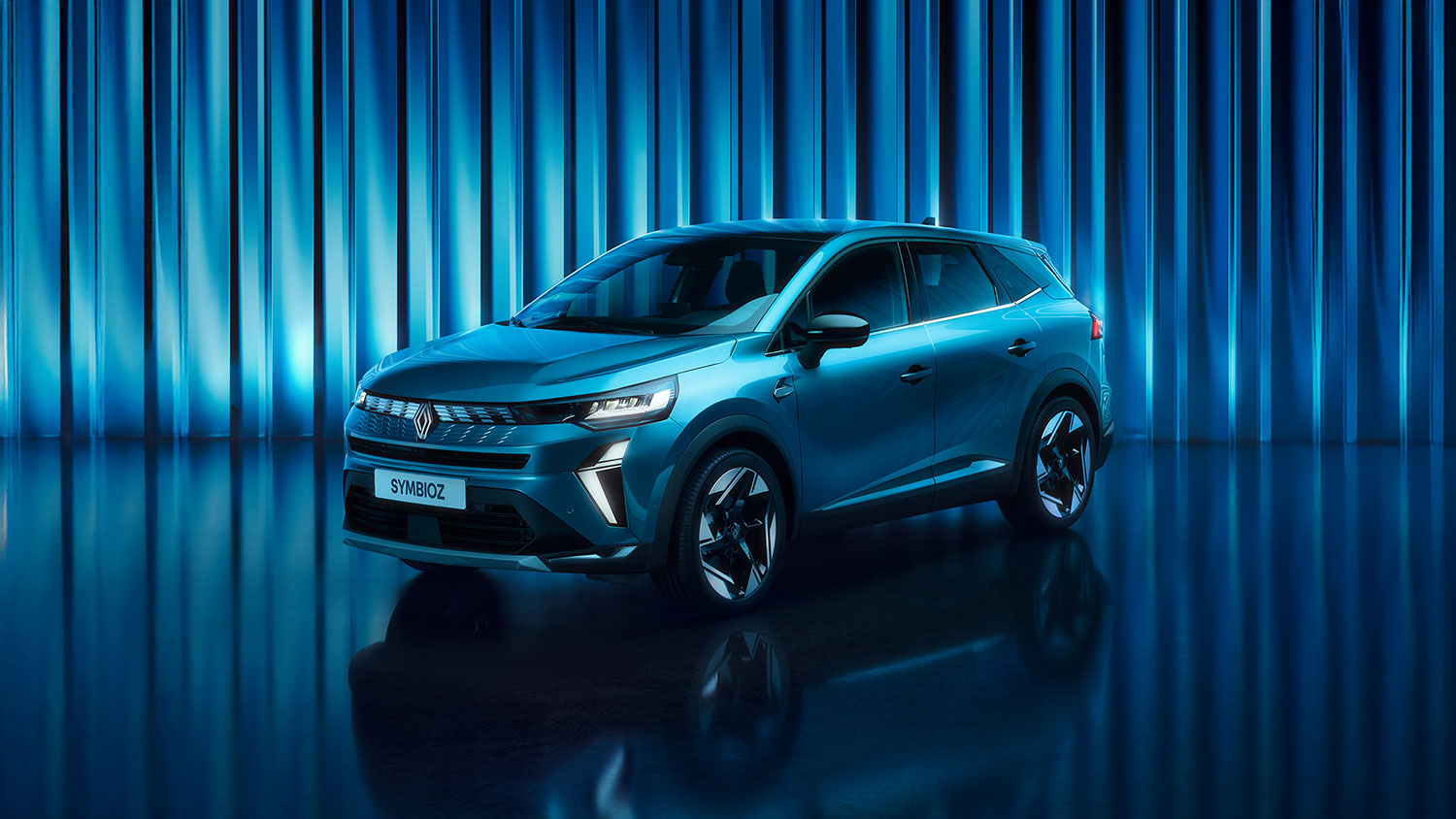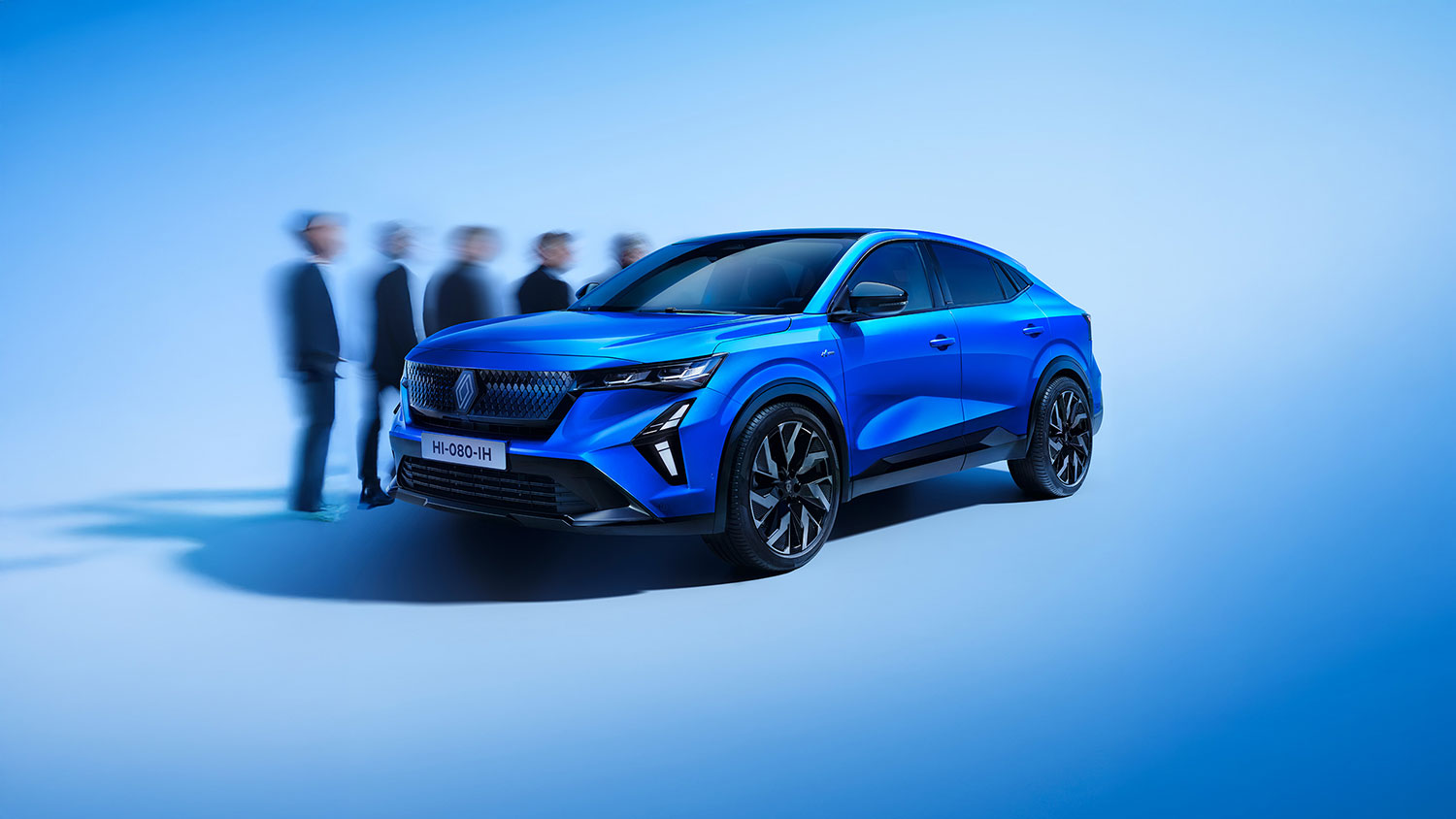vehicles equipped with Renault E-Tech electric technology
Renault expertise now electric
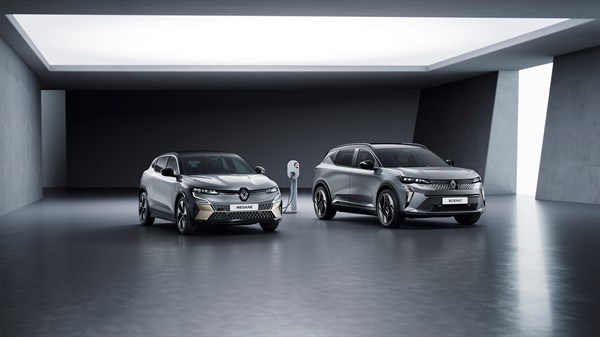
E-Tech electric vehicles
Driving a Renault E-Tech electric vehicle means enjoying responsive, smooth and silent driving without producing harmful or CO2emissions. It is a conscious choice that involves changing the way we use and operate vehicles.
For daily trips averaging 50 km, you no longer need to charge your vehicle every day. For longer trips, you can enjoy a driving range of up to 625 km*.
*for Scenic E-Tech electric with 87 kWh battery
5 facts about E-Tech electric
ZERO CO2 EMISSIONS
You are free to enter low emission zones since operating an electric car does not emit any pollution* (0 g of CO2 and NOx**).
*according to the WLTP standard
**nitrogen dioxide

COST-EFFECTIVE
As a result of the exclusive electric charging – at home or on public charging points – a “full charge” is three times more cost-effective than a “full tank” in a combustion-powered vehicle. Maintenance is up to 30% less expensive as the components last longer.
DYNAMIC PICK-UP
Smoother, more responsive driving than with a combustion-powered vehicle. The responsiveness of the motor in Renault E-Tech vehicles enhances your driving pleasure.

SILENT
An electric car is silent when starting up and when driving above 30 km/h. Journeys free from noise and vibrations.

driving range
E-Tech vehicles have a driving range of up to 625 km* and can be charged on the power grid using domestic sockets or charging points.
*for Scenic E-Tech electric with an 87 kWh battery.
easy electric life
Life’s a breeze at the wheel of an electric vehicle.Get all the answers to your frequently asked questions. Make your driving experience easy and help maintain your Renault. Find simple answers to your questions about driving range, battery, charging time and charging solutions in our FAQ and on our dedicated pages.
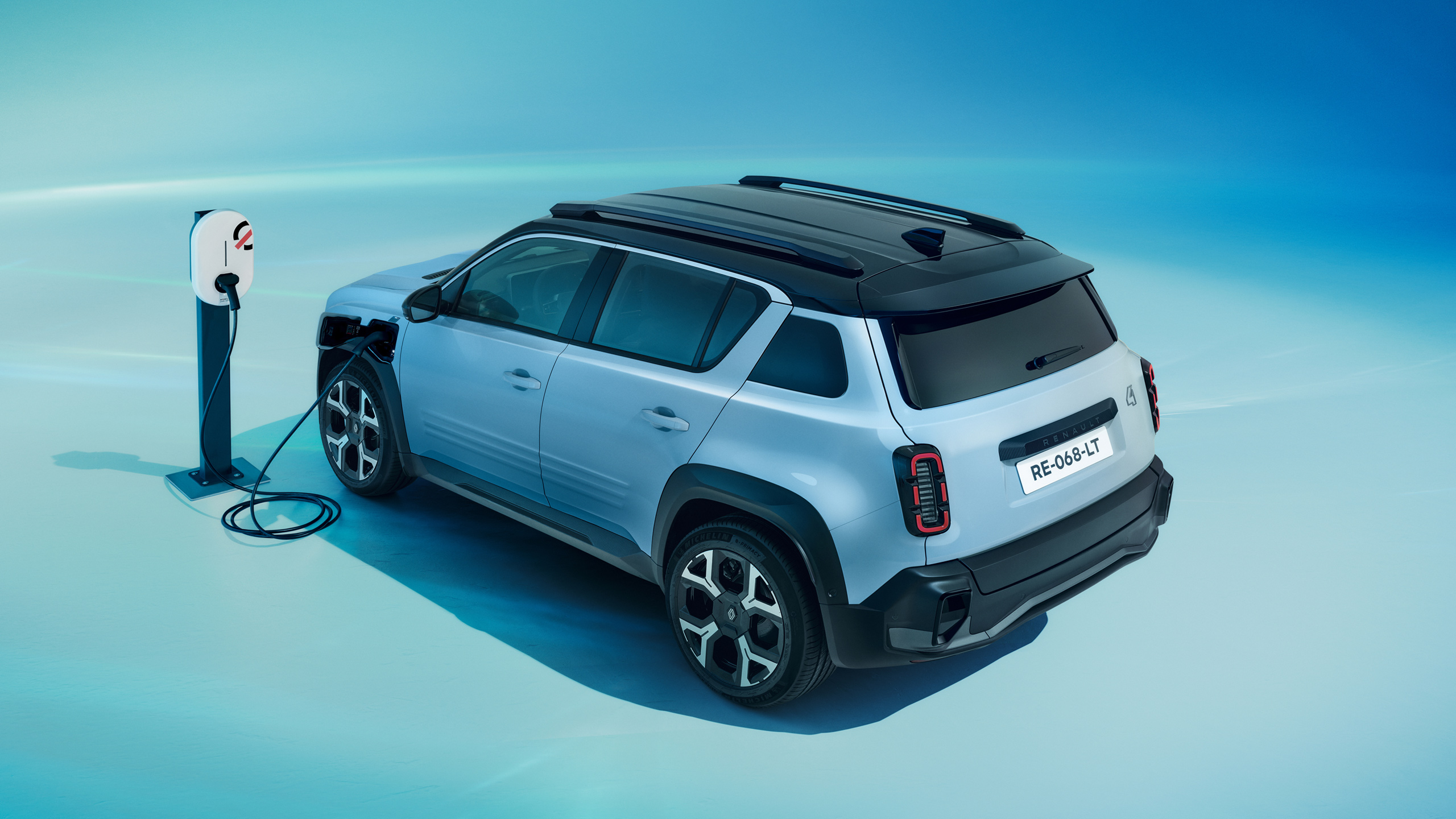
the advantages of an electric vehicle
Environmentally friendly, cost-effective and comfortable. An electric car is cleaner and more economical than a combustion-powered vehicle and provides dynamic, vibration-free, silent driving.
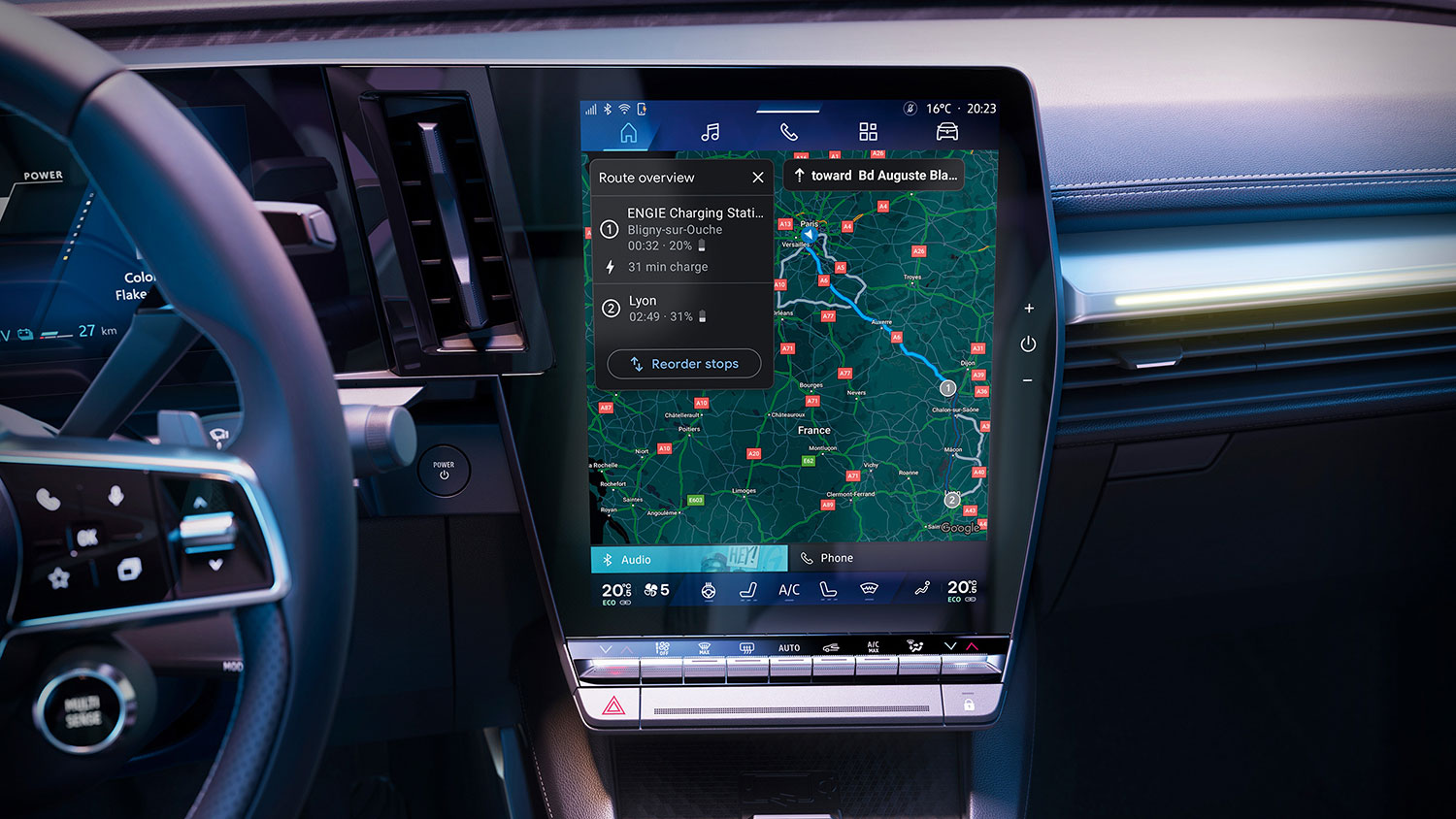
the driving range of an electric vehicle
The driving range of vehicles equipped with Renault E-Tech electric technology can reach up to 625 km WLTP*.This may vary depending on factors such as your driving style, the outside temperature, the gradient or road type.
*for Scenic E-Tech electric with 87 kWh battery
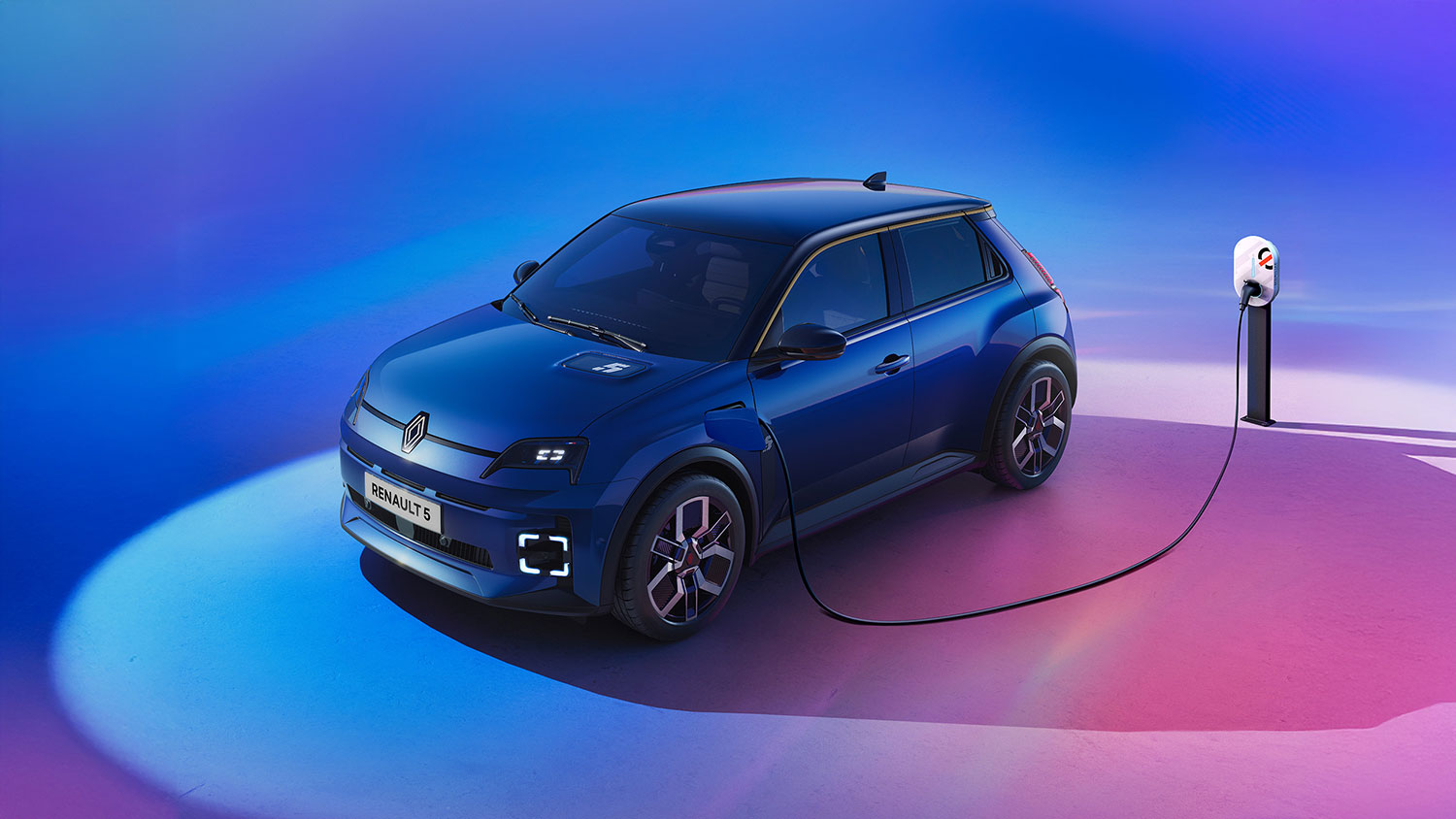
charging an electric vehicle
You can charge an electric car as you go about your day, anywhere there are charging points or sockets. At home or at work, as well as in shopping centres or Renault dealerships. Costing around €4/100 km, charging is also cost-effective.
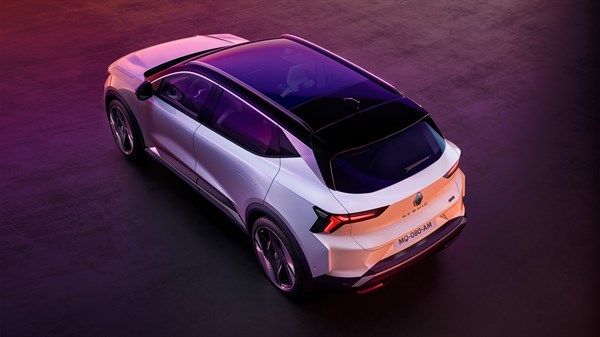
maintaining an electric vehicle
Electric vehicle maintenance is easier and cheaper than a combustion-powered vehicle, with up to 30% lower costs over 3 years. Our Renault network also assists you with what you need. We have over 300,000 employees qualified in maintaining our Renault E‑Tech vehicles.
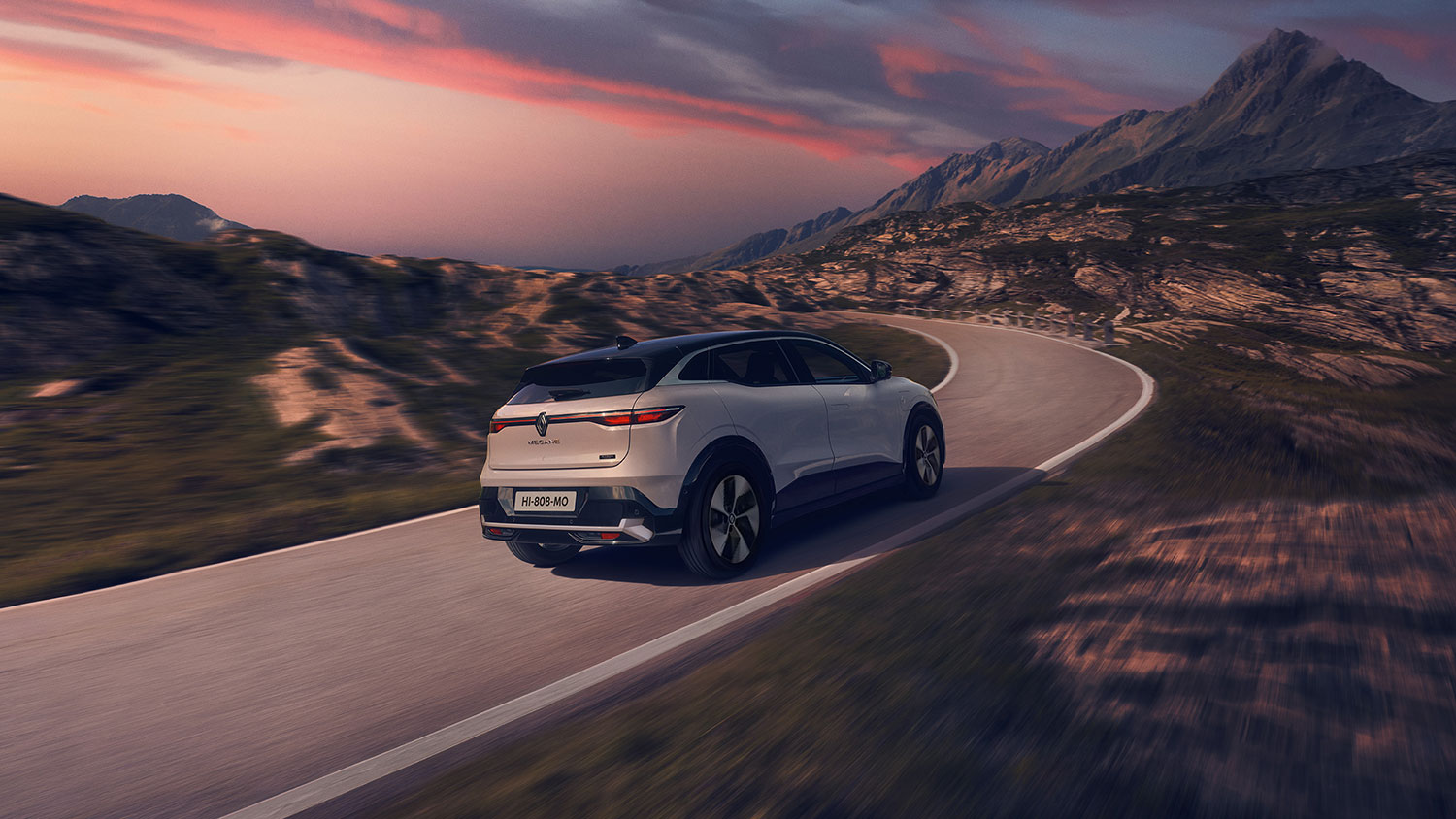
100% electric service
To help you in your transition to 100% e-mobility, Renault and its partners have rolled out a range of services to make every moment of your daily life easy. Discover our solutions for managing your vehicle remotely and Mobilize services for charging and travelling about.
your questions about electric vehicles
The main reasons you should switch to electric are:
- Electric vehicles are more environmentally friendly to run: they do not emit any CO2, fumes or particles produced by combustion.
- They are economical to run: lower maintenance costs, the cost of electricity is lower than fuel, free parking in some cities, access to low emission zones, and more.
- They are pleasant to drive: silent, no vibrations or gear changes, dynamic with sharp acceleration and pick-up.
The range of the battery depends on the battery type, as well as on the electric motor with which it is paired.
The battery has a capacity expressed in kWh. This capacity is similar to the capacity of a fuel tank. The electric motor uses more or less the capacity of the battery, depending on the vehicle model, its weight and its options.
The driving range also varies depending on other external factors such as the type of road, speed, temperature and even driving style.
Drawing on innovations in research and development, vehicles equipped with a Renault E-Tech electric powertrain feature technology, such as the heat pump or the preconditioning system, dedicated to optimising their driving range.
Renault sells vehicles with various range levels to suit everyday uses:
- Renault 5 E-Tech electric – up to 410 km WLTP*
- Renault Megane E-Tech electric – up to 470 km WLTP*
- Renault Scenic E-Tech electric – up to 625 km WLTP*
- Renault Kangoo E-Tech electric – up to 285 km WLTP*
- Renault Grand Kangoo E-Tech electric – up to 265 km WLTP*
- Renault Master E-Tech electric – up to 460 km WLTP*
Good to know:
Your vehicle’s ECO mode adapts the various settings so you get more driving range.
Using the heat pump* also significantly reduces the energy consumption needed to heat your vehicle and thus maximises your driving range.
find out more about driving range
*depending on model and version
A vehicle’s charging time depends on:
- The vehicle itself, its battery capacity and the power of the built-in charger.
- External factors, such as charging point or socket power and the intensity accepted by the power supply cable.
You can consult the charging times specific to each Renault electric vehicle on the charging page.
Good to know: charging time is not linear. Charging speed varies depending on the battery’s charge status and on the temperature. For example, the final 20% will take longer to charge. This is why on a fast charging point, you should avoid charging over 80% on a daily basis. Also it’s better to ensure your charge doesn’t go below 15%.
The price for charging an electric vehicle varies between vehicles, home and charging points and depends on the cost of electricity.
To work it out, you therefore need to know:
- Where will it be charged? The cost of electricity at home and the cost in public places are not the same.
- When will it be charged? Electricity is cheaper during off-peak hours than during peak hours.
- Which electricity supplier is associated with the charging point selected and what contract applies to it? Once again, prices vary.
- What model of car do you want to charge? A full charge depends on the battery’s capacity in the same way as a full tank of petrol depends on the capacity of its tank.
A few pointers:
With a charging point or an electricity contract applying a rate of around 20 centimes per kWh, charging Renault Megane E-Tech electric costs between €12 and €15 for approximately 60 kWh.
With Mobilize charge pass, you can identify the rates applied by the various charging points and get easy access to 1,700 charging stations throughout Europe via our partnership with IONITY.
Peak hours are usually between 9.30 pm and 7.30 am and between 12 pm and 4 pm.
An electric vehicle’s consumption depends on several factors such as vehicle weight, road type and driving style, to name but a few.
These elements are recreated during a European procedure known as WLTP to define consumption and driving range.
Although it is not possible to provide an overall figure for all electric vehicles, an average for each vehicle model can however be given. Megane E-Tech electric consumes approximately 15.5 kWh/100 km on the WLTP certification cycle (as opposed to approximately 6 L/100 km for a petrol equivalent).
It is interesting to note that an electric vehicle’s consumption can be controlled using various built-in technologies, such as the ECO mode.
The answer is yes, according to a study published on 21 April 2020 by Transport & Environnement (T&E),
a European organisation that includes around fifty NGOs. This study looks at diesel, petrol and electric vehicles in a number of different scenarios. Whatever the scenario, the finding is the same. Electric vehicles emits less CO2.
In the best case scenario, up to 81% less.
Although it is true that manufacturing an electric vehicle has a heavier carbon impact than manufacturing a combustion-powered vehicle, once in circulation, its CO2 emissions are zero and its particle emissions are low. The carbon footprint of an electric vehicle decreases throughout its life.



